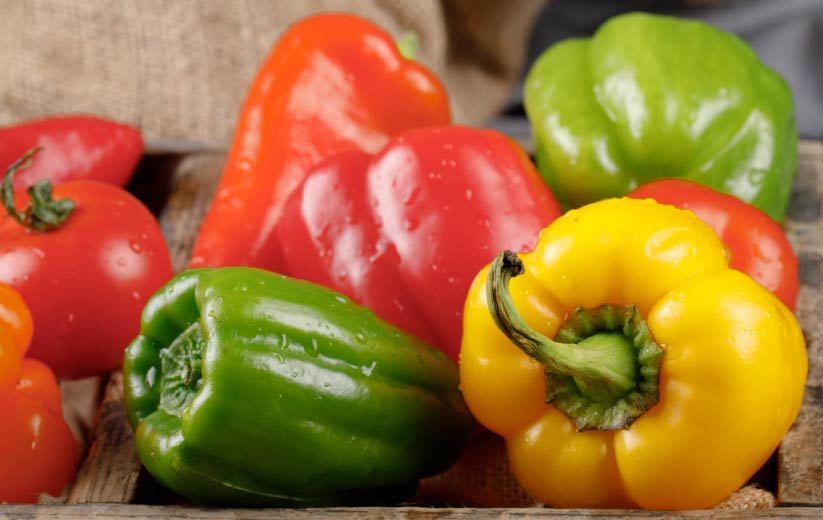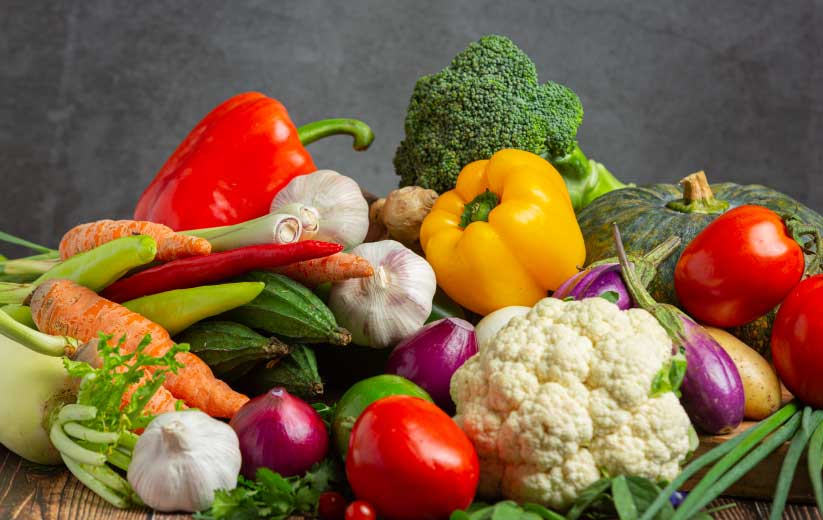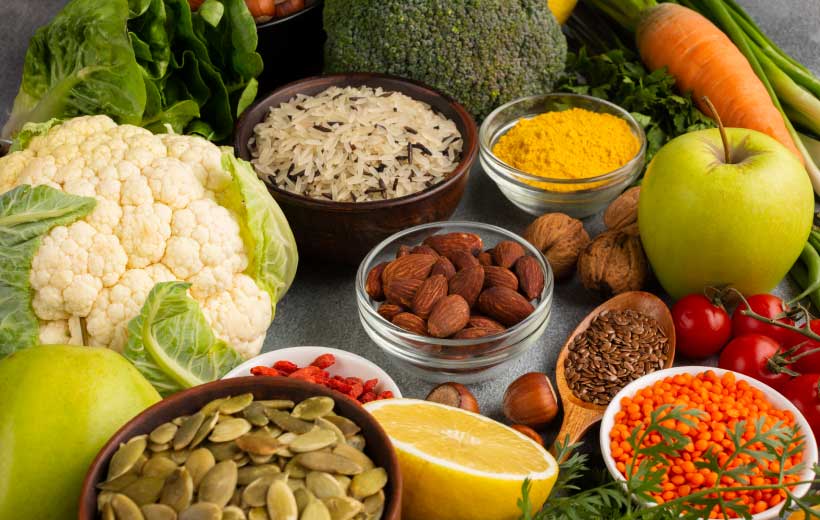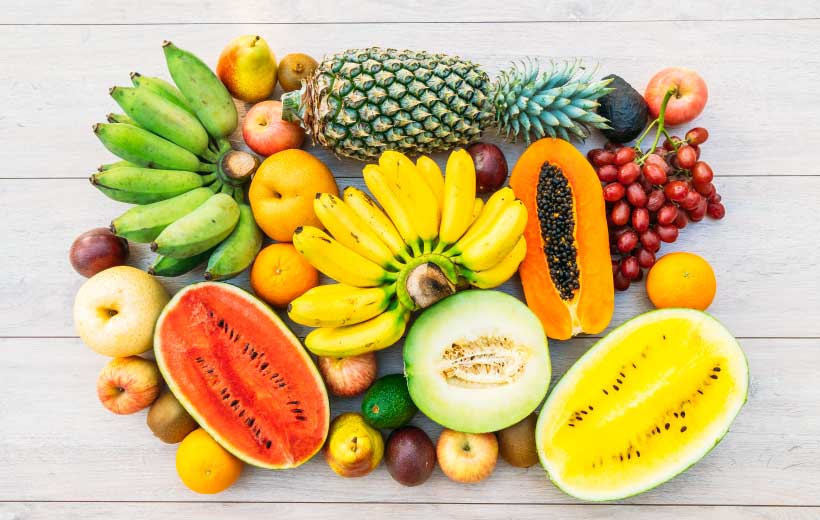Garlic, onions, carrots, green leafy vegetables, and bell peppers … are vegetables that have both nutritional value and contain substances that help reduce inflammation and prevent aging.
Inflammation occurs when a person is injured or sick. Inflammation becomes chronic when the body continues to exhibit inflammation even in the absence of trauma. Causes can be autoimmune disorders, excessive alcohol consumption, stress, and smoking.
Chronic inflammation is also closely related to the aging process. A report published in the journal Aging and Disease of the National Institutes of Medicine shows that untreated inflammation can accelerate the aging process and accelerate the incidence of age-related diseases. A healthy diet of beneficial foods can help reduce inflammation and slow the aging process. Here are some typical vegetables.
Carrot
Both raw and cooked carrots are packed with nutrients, some of which may have anti-inflammatory properties. Carrots are high in beta-carotene (a type of carotene used by the body to make vitamin A), which supports bone and skin health, especially as the body ages. Vitamin A has also been shown to have anti-inflammatory benefits.
Broccoli
Broccoli is a nutrient-dense vegetable that helps slow the rate of age-related diseases associated with chronic inflammation. A study published in the medical journal Clinical Nutrition found that sulforaphane, a natural antioxidant found in broccoli, can reduce symptoms of inflammation.
Broccoli is also high in calcium, fiber and contains a moderate amount of water, which contributes to the anti-inflammatory ability of this vegetable.
Bell pepper
According to the nutritionists of Eat This Not That, the nutrients found in bell peppers offer benefits in controlling inflammation to slow down the aging process. Bell peppers are packed with vitamin C and vitamin A (which are natural antioxidants), fiber, and water. The high antioxidant content found in bell peppers also helps reduce inflammation in the body.

The nutrients present in bell peppers are beneficial in controlling inflammation to slow down the aging process.
Potato
The nutrients in potatoes, including fiber, potassium, and vitamin C, can fight free radicals. Potassium is a nutrient that has been shown to help reduce inflammation and pain, especially in people with rheumatoid arthritis. The superior fiber content in potatoes has also been linked to reduced inflammation in the body.
Leafy green vegetables
Green leafy vegetables are listed as helpful anti-inflammatory foods because of their high antioxidant and polyphenol content. Typical vegetables such as spinach, kale, lettuce, and lettuce are packed with vitamins, minerals, and antioxidants, which play an important role in reducing inflammatory symptoms. They also provide the body with vitamins (A, C, E, K) iron, potassium, calcium, magnesium, and fiber.
Garlic
Garlic not only enhances the flavor of dishes but also offers many health benefits, including reducing inflammation. Garlic is made up of organosulfur – sulfur-containing compounds. A report published in Anti-Cancer Agents in Medicinal Chemistry concluded that these organosulfur compounds help strengthen the immune system and prevent the growth of cancerous tumors.
Onion
This root vegetable provides many useful anti-inflammatory nutrients. Onions are rich in potassium and an antioxidant called quercetin. According to Nutrients, quercetin has properties that benefit immunity and reduce symptoms of inflammation, and even help relieve symptoms of some autoimmune disorders.
Follow the website ongreenbeauty.com to get more health, nutrition, and beauty information to protect the health of yourself and your loved ones in your family.




